On March 14, the International Scientific-Practical Conference titled "Protection of Ancient Human Settlements: Threats and Modern Approaches" organized by the Ministry of Culture of Azerbaijan began at the Heydar Aliyev Center in Baku.
The two-day event brought together scholars, researchers, experts, representatives of non-governmental organizations, and media from various countries.
At the beginning of the conference, participants visited an exhibition showcasing artifacts discovered from ancient settlements in Azerbaijan.
During the opening, Azerbaijan's Minister of Culture Adil Karimli emphasized that one of the most valuable elements of Azerbaijan's rich cultural heritage is the prehistoric human settlements located in the country. These settlements, particularly the cave camps of Azikh, Taglar, and Damcılı, as well as the rock paintings in Gobustan, hold great significance for studying the stages of human civilization development.
The Minister noted that these monuments not only serve as the cradle of civilization and culture but also play an important role in studying the physical and spiritual development of humans, their work habits, lifestyle, and migration routes.
The Minister also highlighted that under the leadership of President Ilham Aliyev, the country's national cultural policy is based on the protection, restoration, and promotion of all cultural heritage in Azerbaijan, including historical and cultural monuments. He also added that Azerbaijan's multicultural lifestyle is recognized worldwide.
Referring to the discussions within the conference, Minister Karimli noted that a key issue to be debated is the creation of a unified platform for the joint study and promotion of ancient human settlements. He emphasized that international exchange programs in this field should not only be carried out within the framework of intergovernmental organizations but also involve scientific institutions, universities, and non-governmental organizations.
Adil Karimli also recalled that Azerbaijan's historical monuments were destroyed, and valuable artifacts were looted during the occupation by foreign forces. He particularly pointed out the damage caused by illegal archaeological expeditions in the Azikh Cave and suggested that international organizations improve existing mechanisms.
The President of the Azerbaijan National Academy of Sciences, Academician Isaakhabibbayli, also attended the conference and noted that this event would significantly contribute to the study and promotion of historical monuments in Azerbaijan. He recalled the global importance of the Azikh Cave and the damage it suffered during the occupation of Azerbaijani territories. The academician also mentioned that significant research on the Azikh Cave has been carried out in the past two years.
Other participants in the conference included Aktoti Raimkulova, President of the Turkish Culture and Heritage Foundation, Professor Shahin Mustafayev, President of the Turkish Academy, Sultan Raev, Secretary-General of TURKSOY, Krista Pikkat, Director of Culture and Emergency Situations at UNESCO, and Saad S. Khan, President of the ISESCO Cultural Institute. They wished the conference a successful continuation.
The primary goal of the international conference is to discuss new ideas for the protection, research, and promotion of the oldest examples of cultural heritage, as well as to strengthen international cooperation. The conference will also focus on developing new strategies and creating mechanisms for their implementation.
Throughout the day, participants will engage in panel discussions on topics such as "Ancient Human Settlements: Cultural Heritage as the Cradle of Humanity," "Ancient Human Settlements in the Context of Changing Climate and Armed Conflicts," and "Ancient Human Settlements of Azerbaijan as Part of World Heritage."
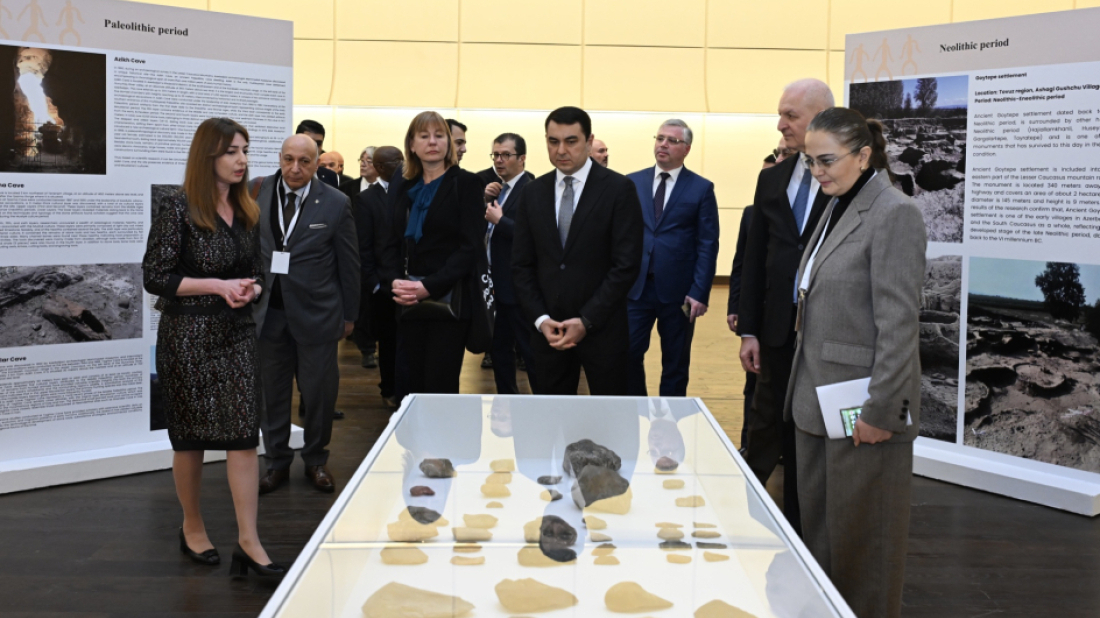
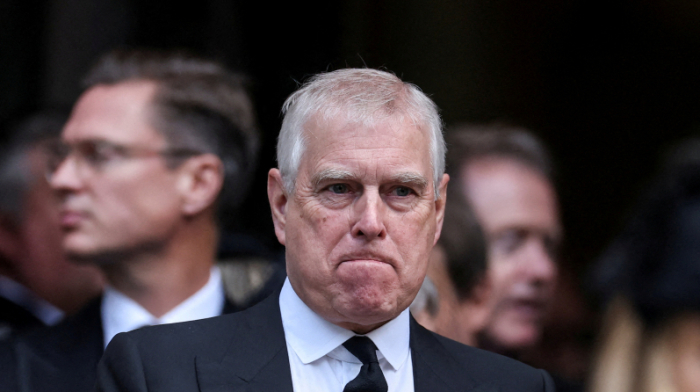


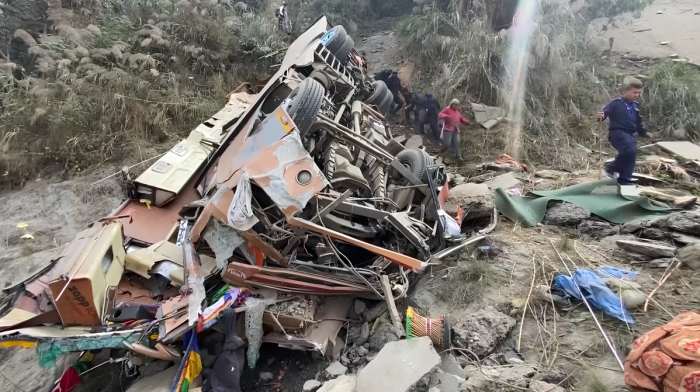
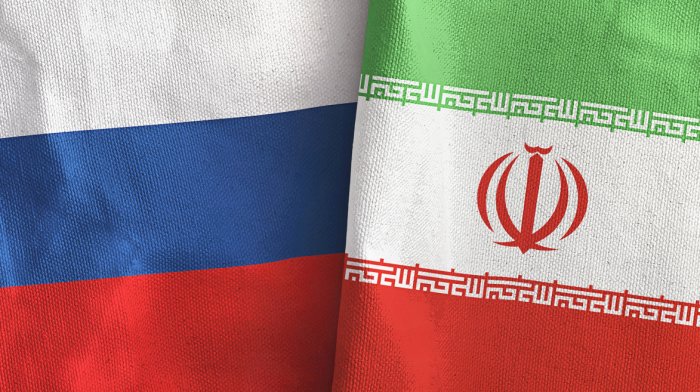

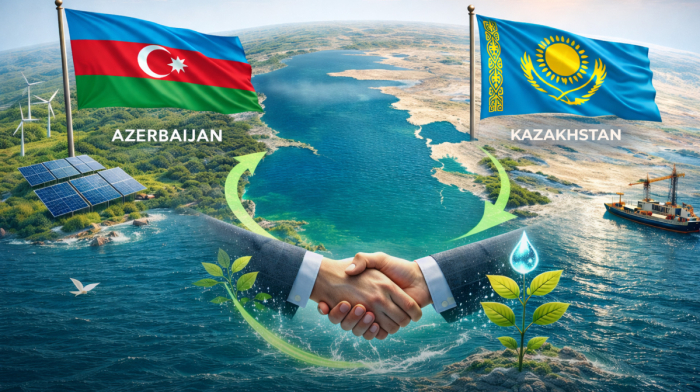
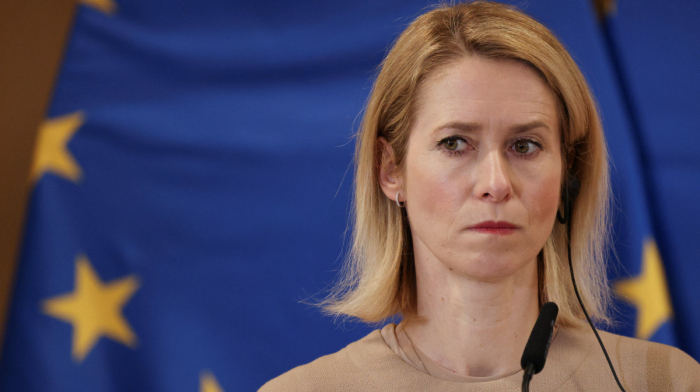
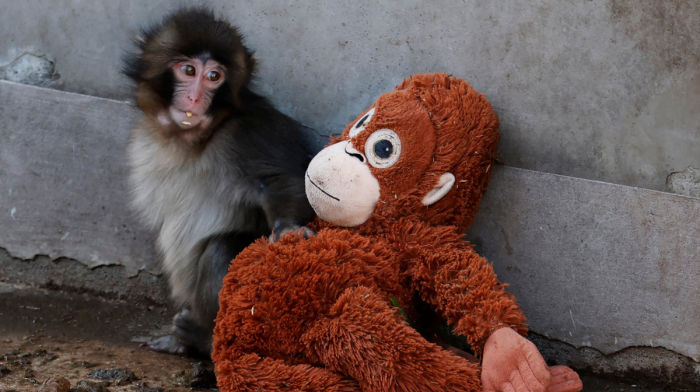
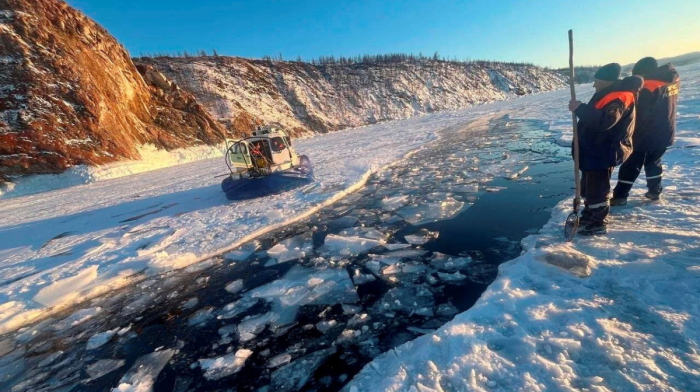
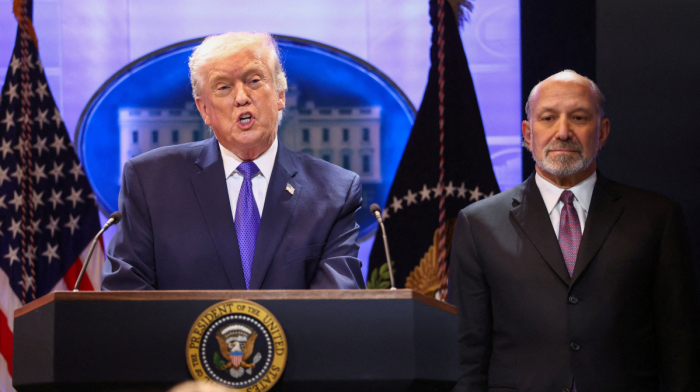
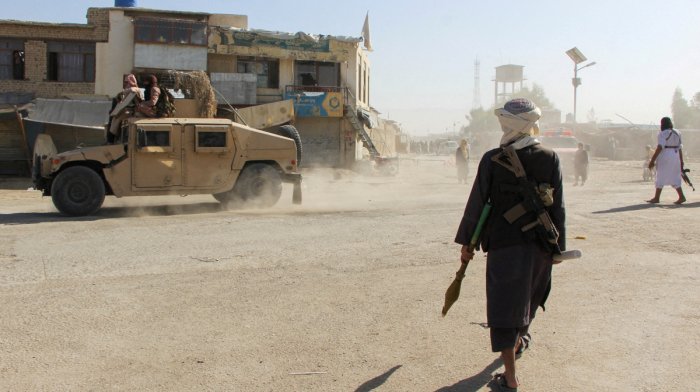
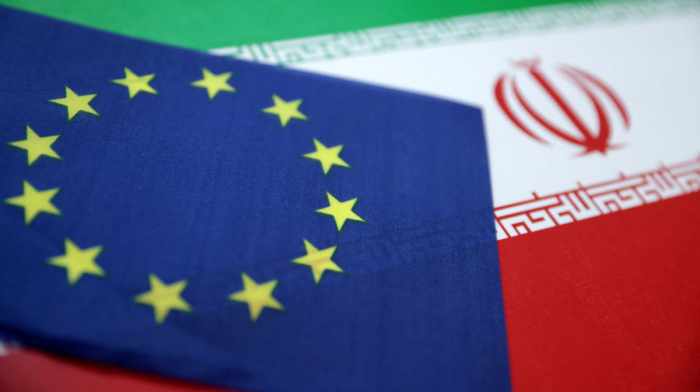


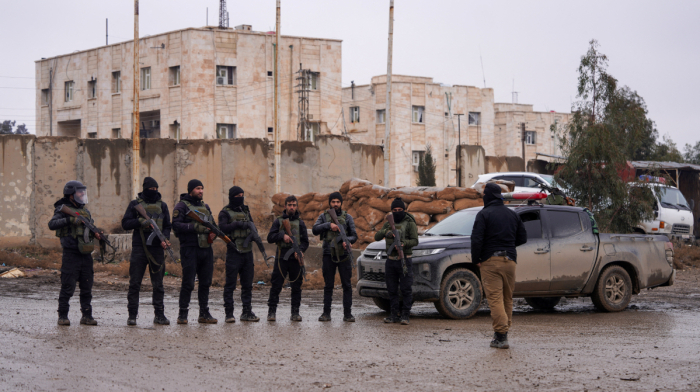



What is your opinion on this topic?
Leave the first comment